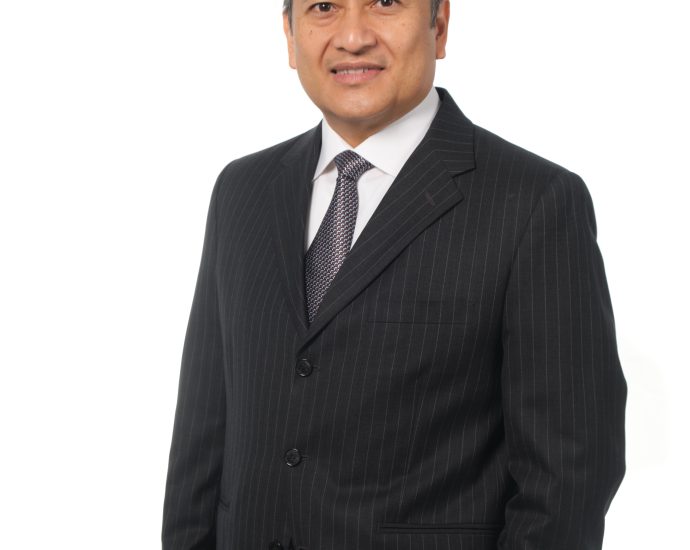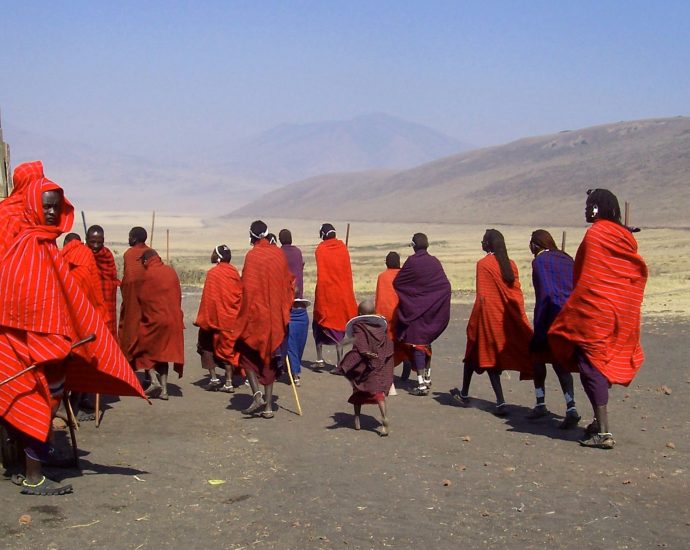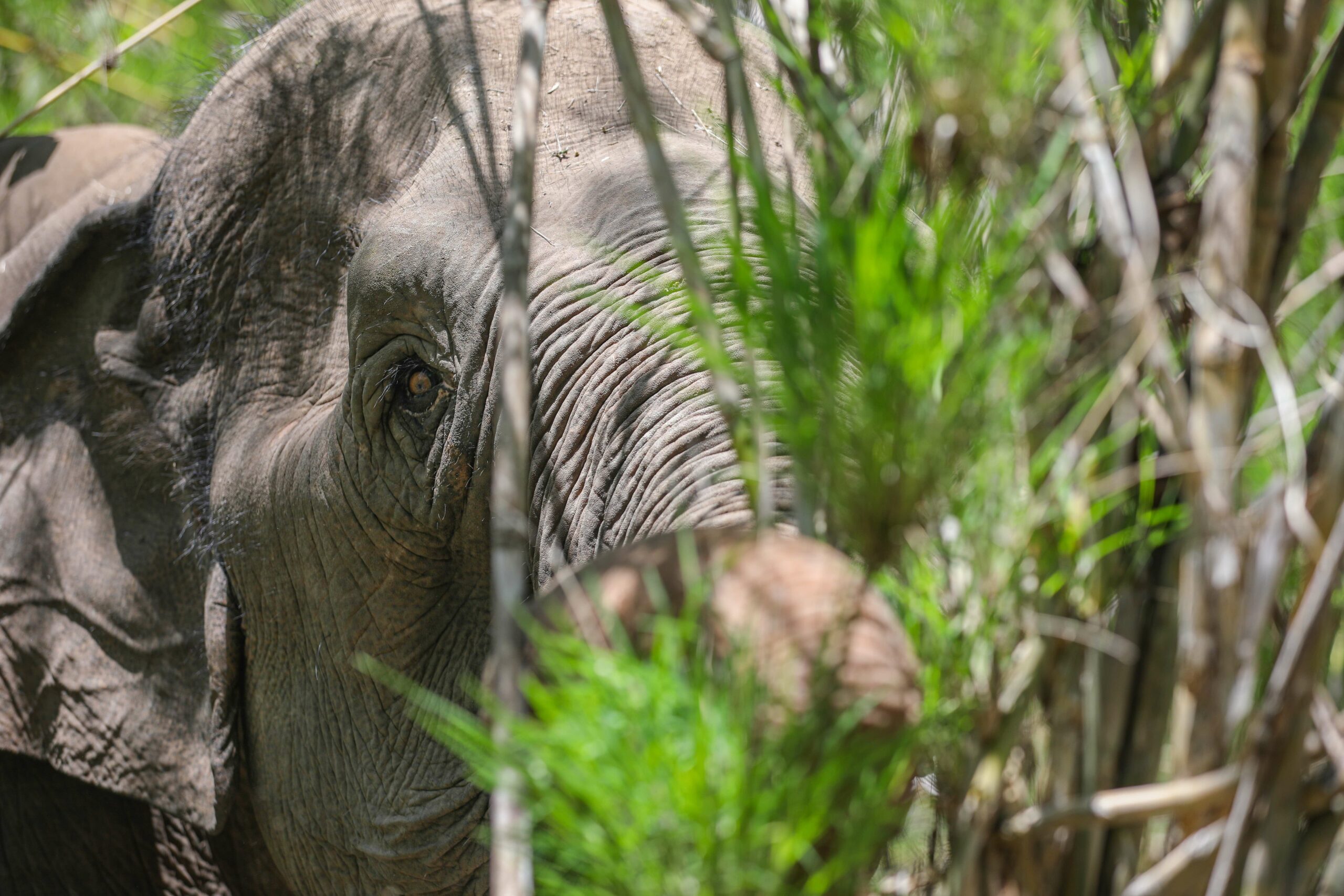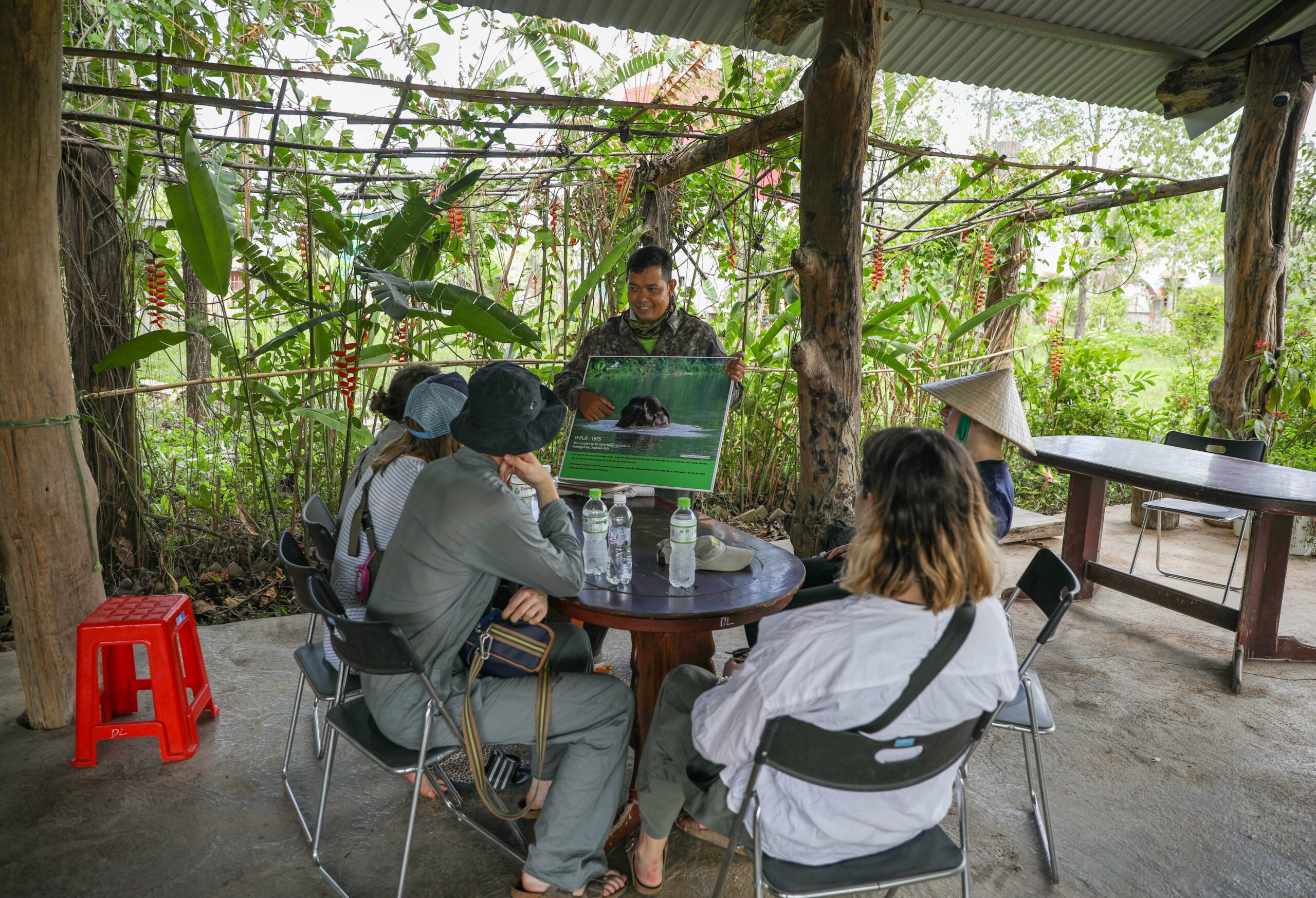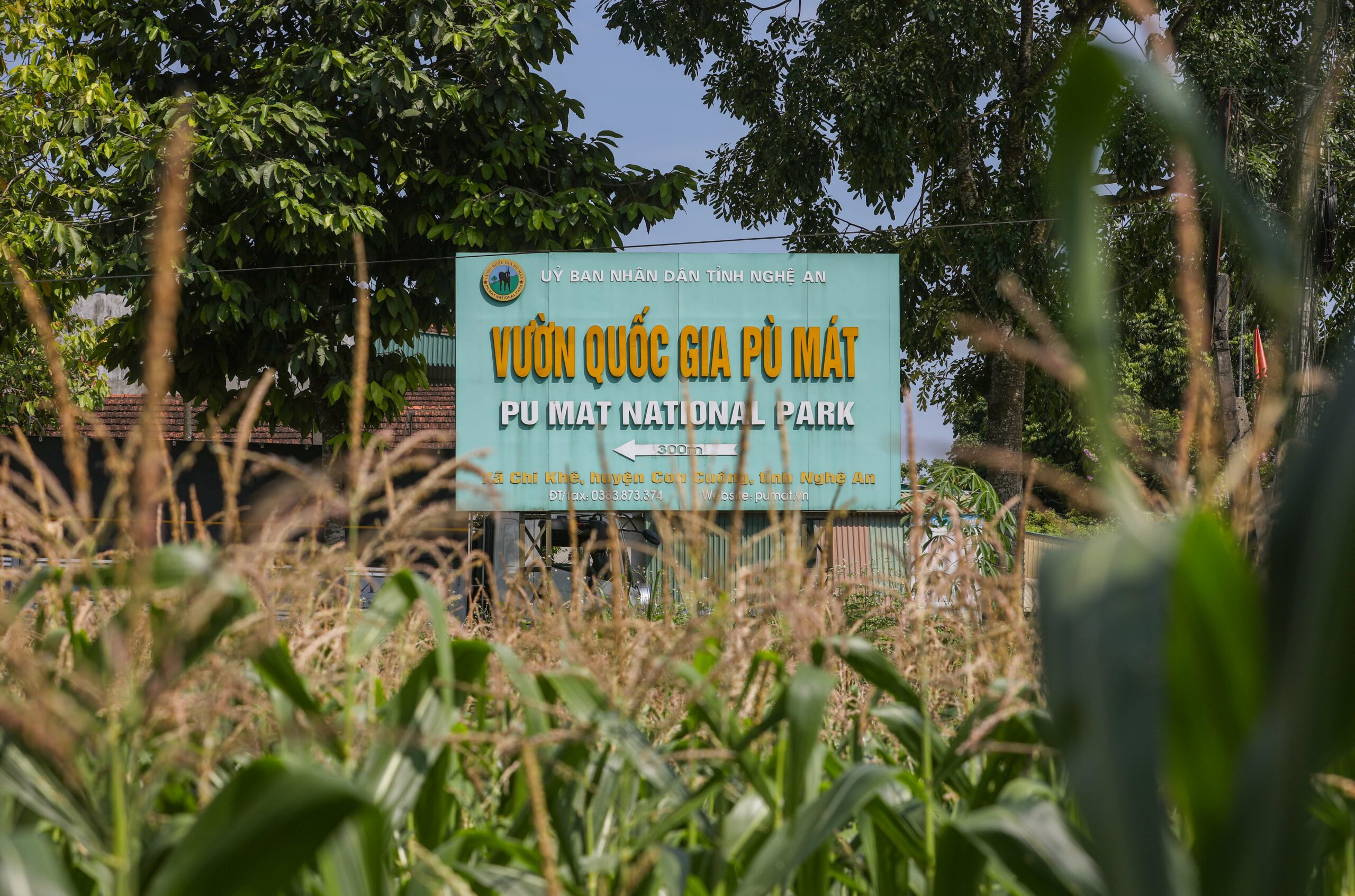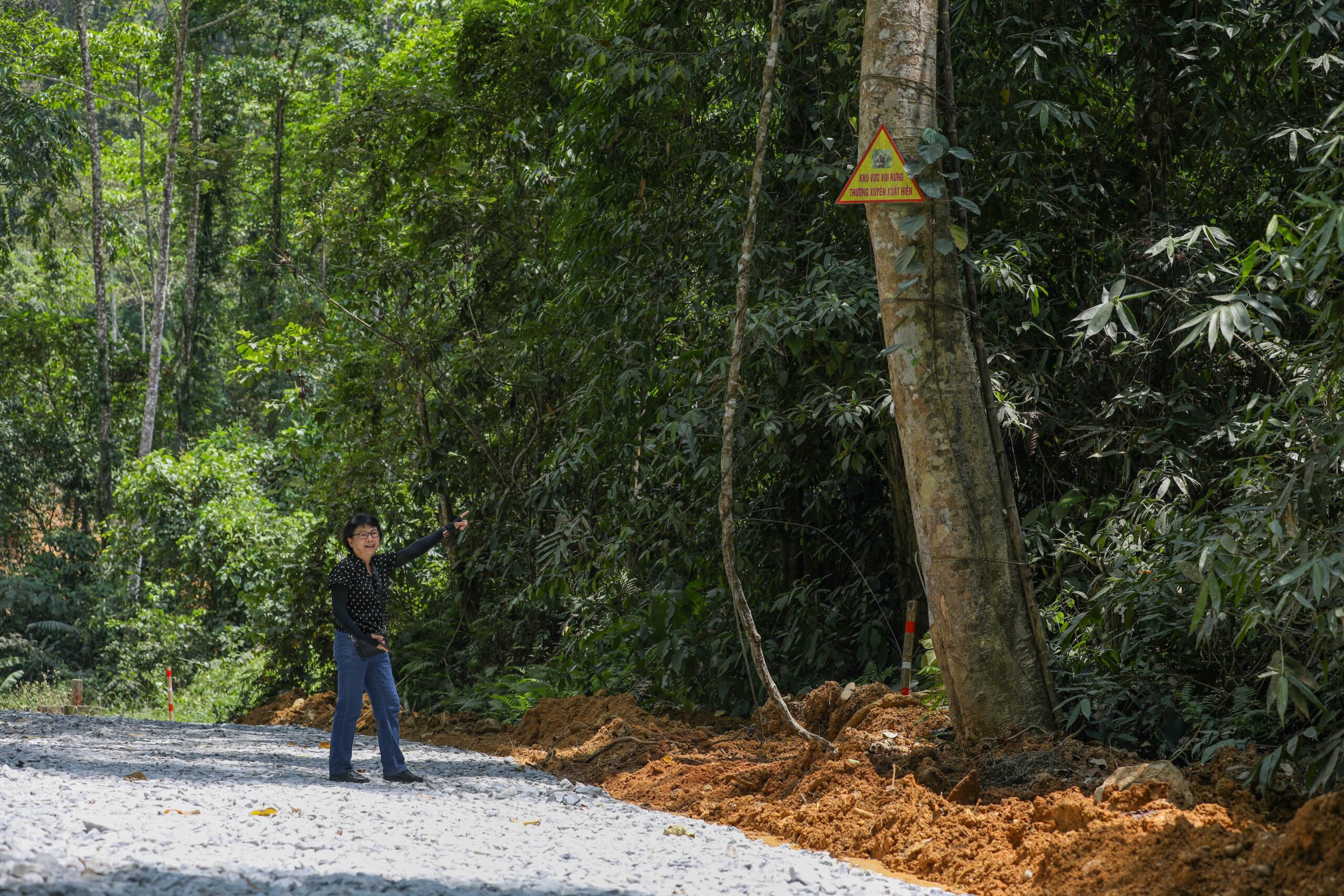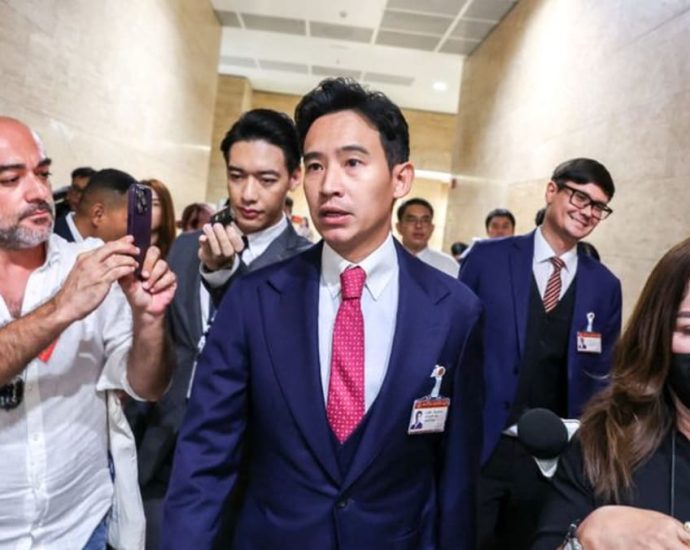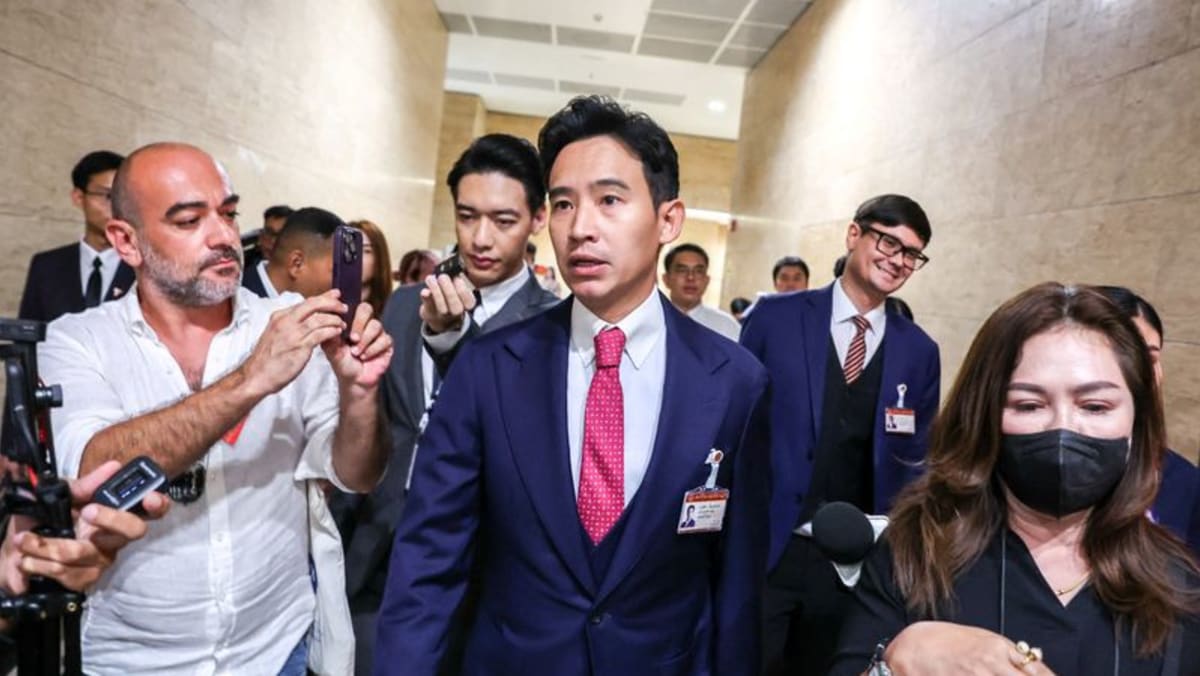Thai opposition leader loses PM bid
Despite falling far short of the threshold to become Thailand’s next prime minister, opposition Move Forward Party leader Pita Limjaroenrat pledged Thursday to keep up the fight.
“With the results of what happened in the parliament today, I accept it but I’m not giving up,” Pita stated in a post-vote press conference. “I’m going to strategise once again … just to make sure that we reach 376 later on.”
Despite being the leader of the largest party in the country’s parliament, the 42-year-old landed 51 votes short of the majority 375 required to win the day’s prime minister selection vote. Even with Move Forward’s electoral popularity, the outcome was less a shock, more of a bitter disappointment to the progressive party’s supporters. The decision hinged on the solid rejection by members of the military-appointed Senate, a 250-member legacy of the 2014 military coup, where some lawmakers had made no secret of their disdain for the upstart opposition.
It’s not our job to listen to the people. … Even if you got 100 million votes, I still wouldn’t pick you if I don’t like you or find you suitable.
Senator Prapanth Koonmee
“It’s not our job to listen to the people,” said Senator Prapanth Koonmee in an earlier interview with Bloomberg. “Even if you got 100 million votes, I still wouldn’t pick you if I don’t like you or find you suitable.”
Still, most senators refrained from actually voting against Pita, who was the sole candidate for the prime minister’s office. He was able to secure only 13 Senate votes in favour of his premiership, while a further 159 senators abstained from the vote. More than 40 senators failed to show up altogether.
With the failure to select a new prime minister, Thailand now enters an uncertain period of ill-defined leadership. Political observers see a range of possible roads forward – including the threat of yet another military intervention in the event that representatives fail to form a new government in a timely fashion.
During five hours of parliamentary debate preceding Thursday’s vote, both senators and members of conservative-aligned parties within the House of Representatives criticised Move Forward’s proposed amendments to the country’s lèse-majesté law, which criminalises critique of the monarchy.
Lèse-majesté has emerged as a political flashpoint in recent years and especially during the mass mobilisations of pro-democracy protesters in 2020. A case taken up by Thailand’s Constitutional Court on Wednesday alleges the party’s promise to reform the law amounts to an attempt to overthrow the country’s system of government.
That same day, the national Election Commission also requested the court suspend Pita as a member of parliament over criminal accusations that he’d run for office while aware he might be ineligible due to owning a small stake in a defunct media company.
Lawmakers who spoke against Pita on Thursday pointed to these cases as disqualifying factors in his bid to become prime minister.
“The Constitutional Court’s decision to look into potential illegalities by Pita (which are trumped up) legitimised decisions by Senators to vote against him, thus dooming his chances of becoming prime minister,” said Paul Chambers, a specialist on Thai politics at Naresuan University in Thailand, in a message to Globe.
The next vote for prime minister is scheduled for 19 July, and Pita has already indicated his intention to make a second attempt at the premiership.



